Foreign policy of a BJP-led government
Following the release of the Bharatiya Janata Party manifesto, the economic and social policies of the BJP has been discussed, debated and analysed. But what of the BJP's foreign policy?

Executive Director, Gateway House
Business, Digital, G20, U.S.

 Courtesy: The Pioneer
Courtesy: The Pioneer
 Courtesy: Ministry of External Affairs
Courtesy: Ministry of External Affairs
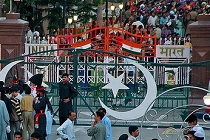 Courtesy: Flickr
Courtesy: Flickr
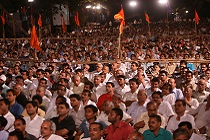 Courtesy: Al Jazeera English/Flickr
Courtesy: Al Jazeera English/Flickr
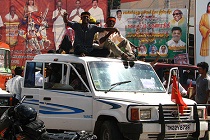 Courtesy: mckaysavage/Flickr
Courtesy: mckaysavage/Flickr
 Courtesy: Ashok/Flickr
Courtesy: Ashok/Flickr
 Courtesy: Outlook
Courtesy: Outlook
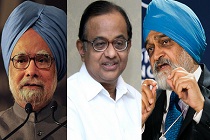 Courtesy: WikimediaCommons
Courtesy: WikimediaCommons
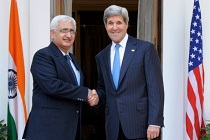 Courtesy: U.S. Embassy New Delhi/ Flickr
Courtesy: U.S. Embassy New Delhi/ Flickr
